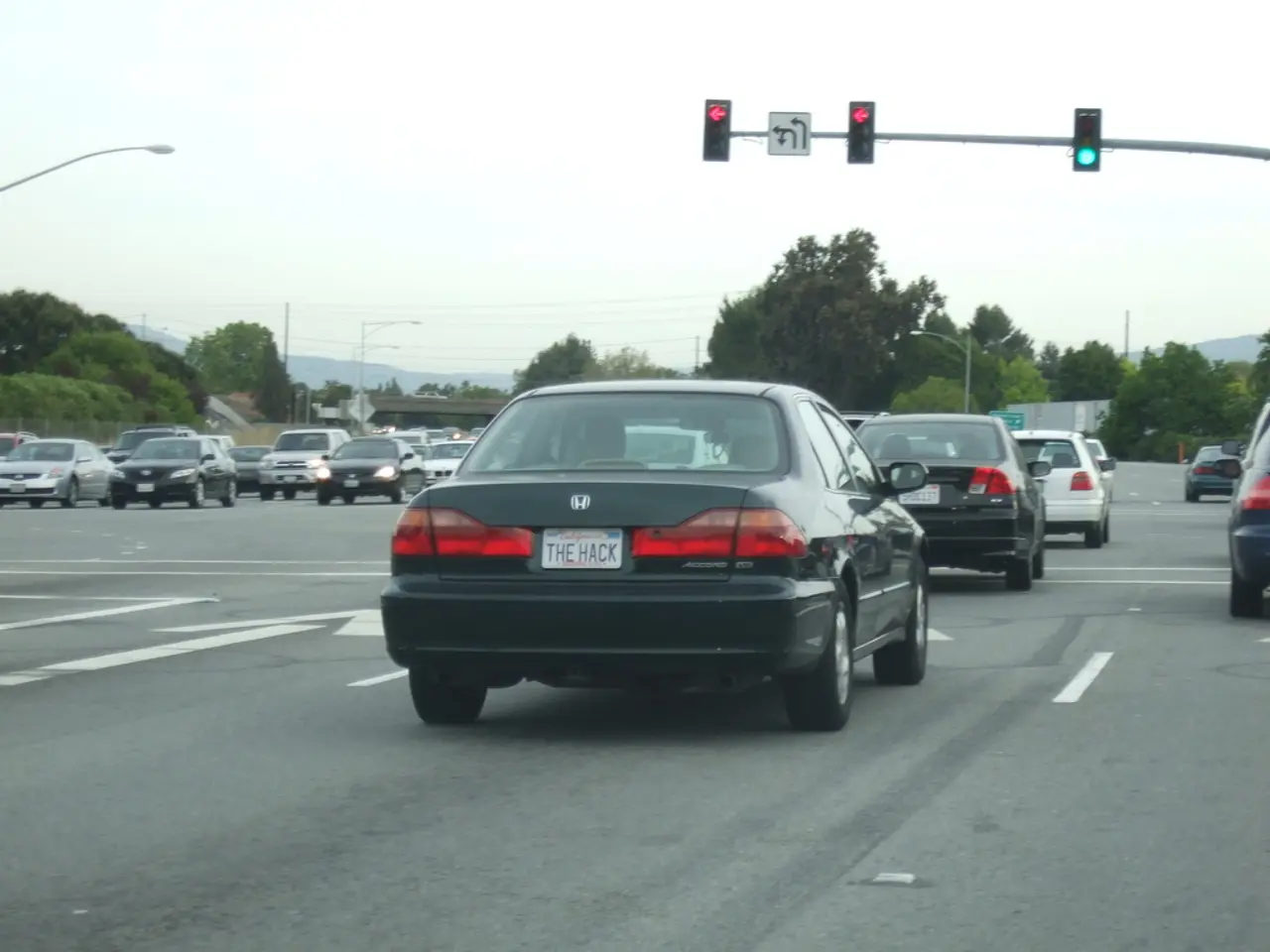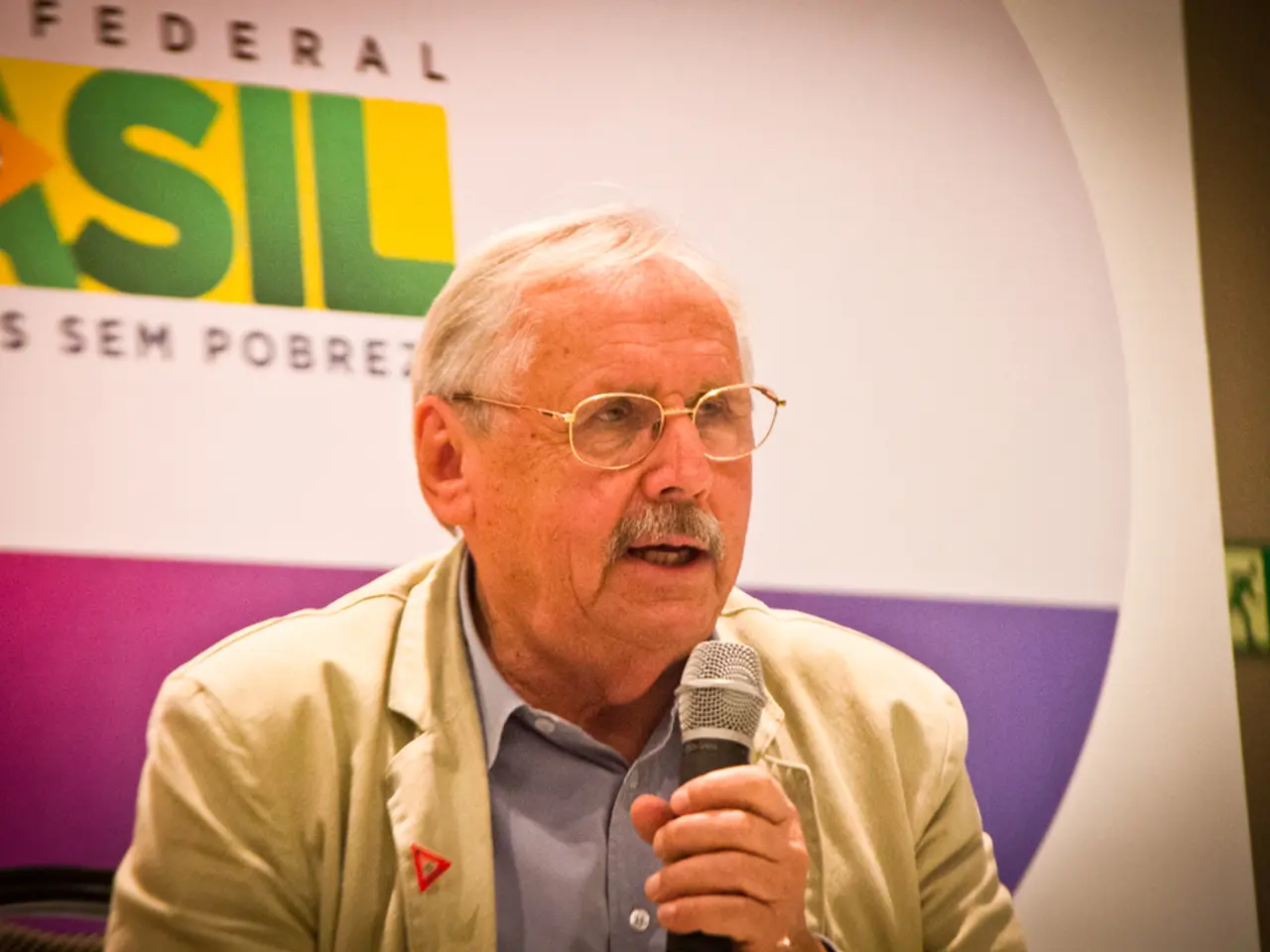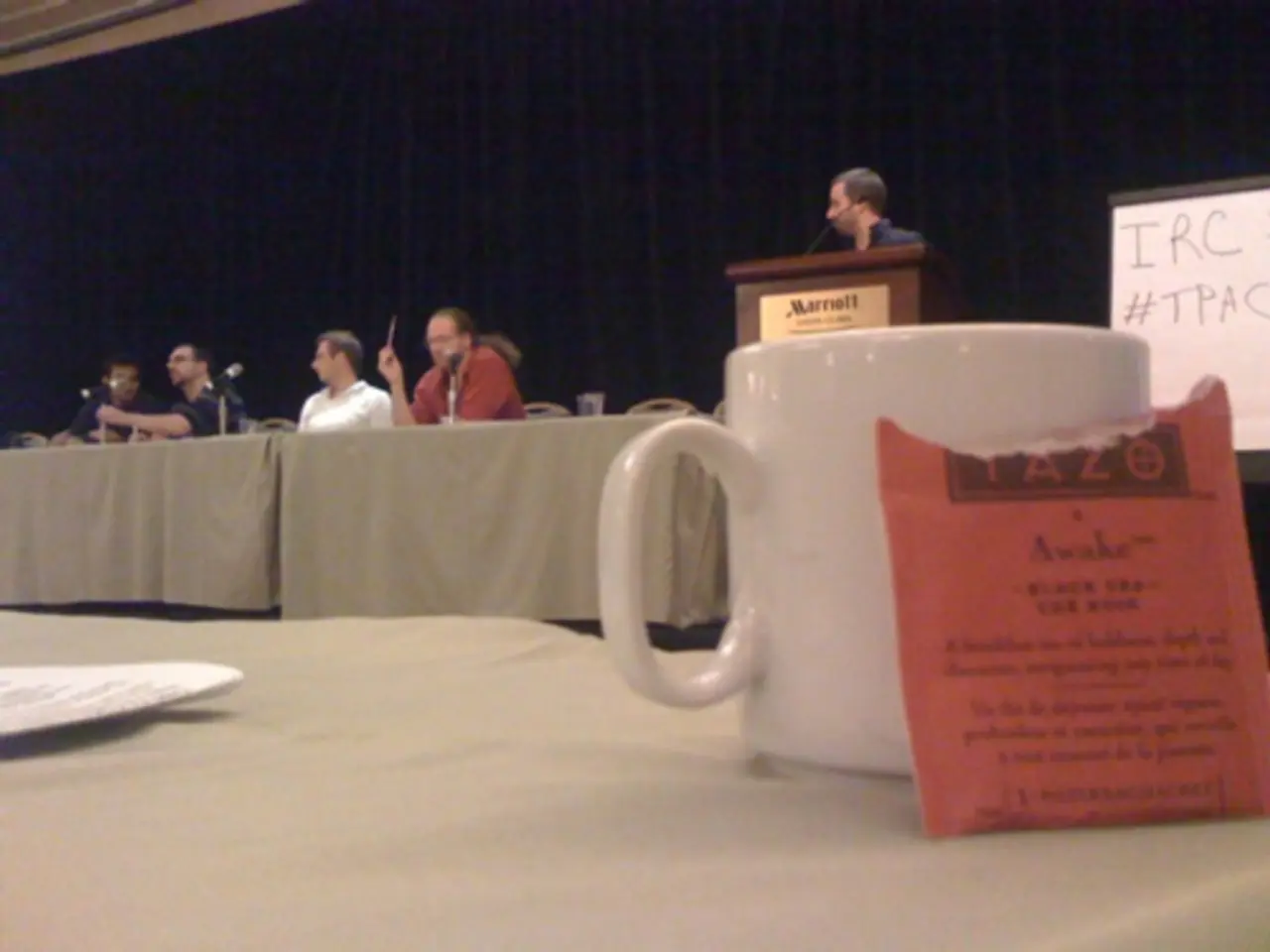Germany and Poland conducting joint oversight on shared operational areas - Enforcement of Joint Supervision Over Germany and Poland Proposed by Mr. Woidke
In response to escalating challenges related to unauthorized migration and traffic congestion at their shared borders, German and Polish authorities are considering a collaborative approach to strengthen border controls. This cooperation aims to manage and curb irregular migrant flows, with both countries seeking a more effective way to secure their borders [2][4].
**Reasons for Proposed Controls**
The proposed joint controls stem from a need to address unilateral measures and migration pressures. Germany has recently taken a tougher stance by refusing entry to certain migrants at its border with Poland, a significant shift from previous years. This unilateral control has frustrated Poland, which cannot verify migrants’ identities when Germany turns them back, leading to a "tit-for-tat" situation that strains bilateral relations and the Schengen open-border framework [1][3].
Both countries also acknowledge the insufficiency of protecting Europe’s external borders, necessitating temporary internal border controls to manage the situation effectively until external borders can be better secured. Chancellor Friedrich Merz and Polish Prime Minister Donald Tusk have publicly discussed the need for joint efforts to address "a shared challenge" [2].
**Current Implications**
Poland has announced it will temporarily reinstate border checks on its borders with Germany and Lithuania starting July 7, 2025, alongside deploying military personnel (up to 5,000 troops) to these borders to prevent irregular crossings [2][5]. These measures disrupt the Schengen free-travel zone, which allows passport-free movement within most European countries.
There is political sensitivity and some misinformation surrounding the issue, such as claims that Germany is sending asylum seekers back to Poland—Chancellor Merz has denied such claims, emphasizing cooperation and shared responsibility without repatriations [2].
**Perspectives on the Developments**
The Polish government views the reinstatement of controls as necessary and temporary, a response to Germany's unilateral actions and uncontrolled migrant flows that Poland cannot manage on its own [1][4]. The German government, on the other hand, stresses the importance of maintaining order and security at internal borders due to inadequate external border protection, advocating for cooperative solutions rather than unilateral blame [2].
**Proposed Solutions**
Germany's Federal Interior Minister Alexander Dobrindt (CSU) ordered more intense border controls shortly after the new federal government took office in May. Brandenburg's Minister President Dietmar Woidke (SPD) has proposed joint border controls by German and Polish police forces, as well as the creation of a third lane for controls on the A12 border area to alleviate traffic congestion. Woidke, a former Poland coordinator, also suggests room for improvement in coordination with the Polish side for border control [3].
The Brandenburg head of government, Dietmar Woidke, is located in Frankfurt (Oder), and he proposes the federal government's intervention in improving traffic flow at the German-Polish border. Poland's government anticipates negative traffic impacts in the region due to the implementation of border controls from July 7 [3].
In summary, joint German-Polish border controls are proposed as a pragmatic response to escalating irregular migration and unilateral border policies, aiming to restore orderly management through collaboration while grappling with broader implications for free movement and EU border security [1][2][3][4][5].
- Given the rising issues of unauthorized migration and traffic congestion at their shared borders, the community policy within the context of this collaboration between German and Polish authorities could potentially include provisions for enhanced border control measures, aiming to address the current challenges and upgrade protection for both nations.
- In the realm of policy-and-legislation, it is crucial for the governments of Germany and Poland to work together on a broader scale to address the politics surrounding migration, ensuring general news coverage portrays accurate information and fosters shared responsibility to maintain European border security while upholding the principles of free movement within the Schengen zone.






